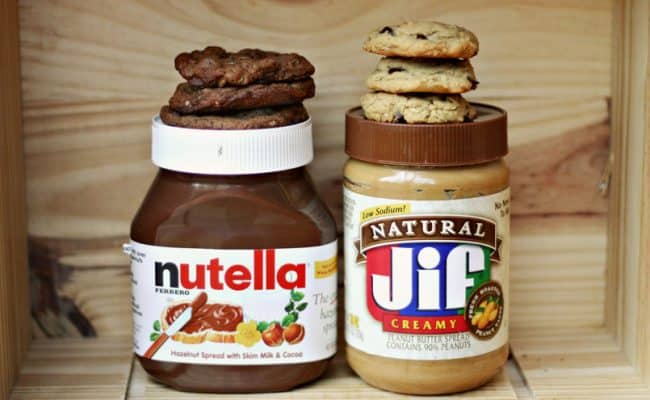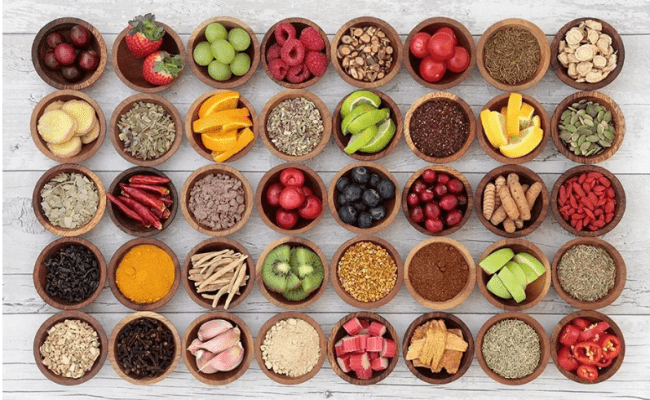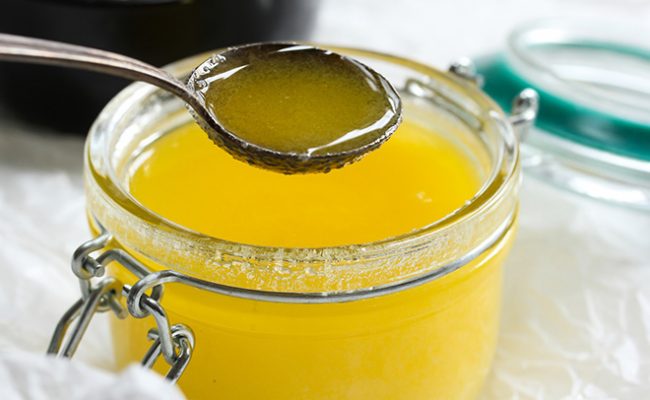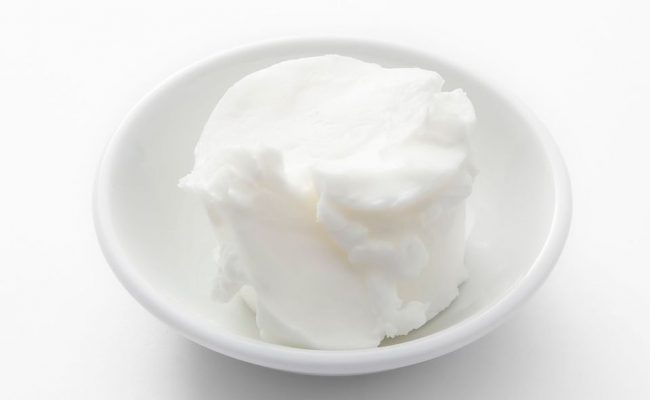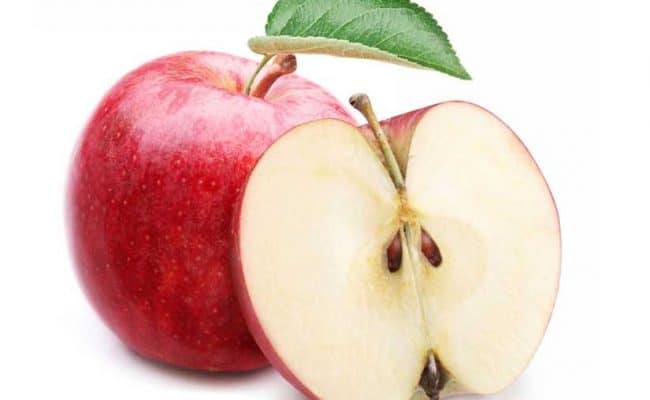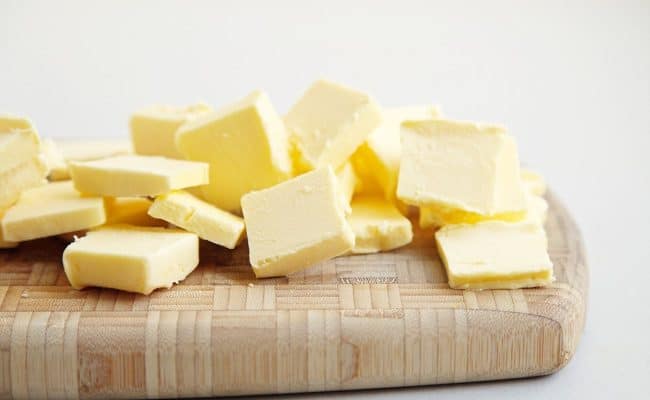
Most people grew up eating peanut butter and jelly sandwiches, and peanut butter is a loved food for many. Almond butter has been growing in popularity lately, but is there a reason to switch from peanut butter to almond butter?
Of course some people have taste preferences for either almond or peanut butter, but are there other reasons to choose one over the other? There are health benefits to both nut butters, but there are some slight differences as well.
Here is a closer look at the comparison between peanut and almond butter.
Health benefits of both
Both peanut and almond butter are a good source for heart healthy monounsaturated fats, fiber and protein. There are some slight differences between almond and peanut butter, but they are pretty similar in terms of macronutrients. Two tablespoons of either nut butter provide about 200 calories and 7 grams of protein.
Eating more heart healthy fats, like found in almond and peanut butter, can help lower risk for heart disease. Nuts and nut butters, although high in calories, also may actually help with weight loss and maintenance as they are high in satiety.
Keep in mind any type of nut butter you buy should have minimal ingredients. Steer clear from any nut butter that adds in extra sugar, hydrogenated oils or preservatives. If a nut butter contains only ground almonds or peanuts, there will be a separate oil layer on top of the jar. This process is totally natural; just stir before use.
Vitamin E and Magnesium
In terms of micronutrients, there are some differences between almond and peanut butter. Almond butter is higher in vitamin E, magnesium and also contains some iron and calcium.
Two tablespoons of almond butter can provide about 25% Daily Value of magnesium. Some Americans have a hard time reaching adequate intakes of magnesium, so eating almond butter can help you reach the recommended intake. Magnesium is involved with over 300 processes, important for bone health and can help lower blood pressure.
Peanut butter also contains magnesium, but not as much as almond butter. Almonds are also naturally higher in vitamin E compared to peanuts, so almond butter will provide more vitamin E. A 2 tablespoon serving of almond butter also contains about twice the amount of iron compared to peanut butter. A serving of almond butter contains about 6% Daily Value of iron, and peanut butter contains about 3% Daily Value.
B vitamins
Almond butter outweighs peanut butter for many nutrients, but peanut butter is a little higher in B vitamins compared to almond butter. Two tablespoons of peanut butter provides about 10% Daily Value of vitamin B6.
Vitamin B6 is needed as a coenzyme for many metabolic processes and to make neurotransmitters. Peanut butter will also provide folate and niacin.
Cost
One of the biggest ways almond butter and peanut butter differ is in the price. Peanut butter can be pretty inexpensive, but almond butter can be pricey. If cost is an issue, stick with peanut butter for a lower price point.
Another way to cut costs for any nut butter is to make your own. If you have a good food processor or blender, you can make your own nut butter which is usually more economical than buying it pre made.
Pesticides
Peanuts tend to be hard to grow and may require more pesticide use compared to almonds. Some health experts suggest to eat peanuts or peanut butter when it is organic as often as possible to lower intake of pesticide residue. Almonds tend to have a lower pesticide use, but as with any food, if you are worried about limiting your exposure to synthetic pesticides, choose organic brands. See also: Are there any side affects from eating too many almonds?
Allergies
The peanut allergy double from 1997-2002, and it continues to dramatically increase. There are many theories for why allergies in general are climbing. One theory is that the way peanuts are grown with pesticide use and in plots of land contaminated with other pesticides may be increasing the peanut allergy.
Children with a peanut allergy may or may not be able to eat almonds. Sometimes other tree nuts are safe for consumption, but there is a big risk for cross contamination. If you are unable to eat peanut butter, almond butter may be a viable choice but check with a medical professional before trying it.
Conclusion
Peanut and almond butter can be healthy choices because both are high in protein, heart healthy fats and fiber. Peanut butter will contain higher amounts of B vitamins, while almond butter will contain higher amounts of vitamin E, iron and magnesium.
Peanuts can be high in pesticide use for proper growing, so if you are concerned about lowering pesticide residue, almond butter usually has less pesticide use. When in doubt, buy organic of either nut butter.
If cost is an issue, peanut butter is almost always dramatically lower in price. If price isn’t a concern, try alternating between many types of nut butters, including cashew or sunflower seed, to add variety to your nutrient intake.
References used in this article

